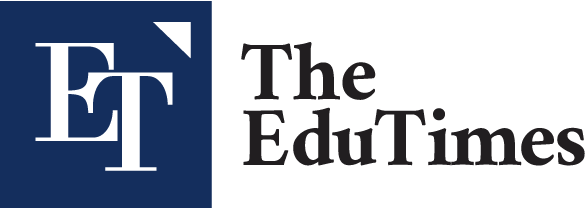MBAs in the U.S. Mandate Covid-19 Vaccination
The vaccine mandate has incited different responses from students, faculty, and staff
As the MBA admission cycle starts, applicants are often concerned about their GMAT scores, letters of recommendation, and other parts of their application package. Now, applicants for the U.S. business schools have another factor to prepare for their admissions: proof of full vaccination for Covid-19.
After months of online lectures to prevent the spread of the virus, a considerable number of MBAs in the U.S. are now returning to in-person lectures. However, students who wish to attend in-person classes this fall are required to show proof of full vaccination.
Although it can be expected that many students will feel safer returning to campus with the new policy instated, some students and faculty show strong dissatisfaction with the mandate as they believe compulsory vaccinations infringe their freedom.
Having witnessed the conflicts between the American MBAs and their students and faculty about the new rules, institutions across the world are becoming wary of the potential issues they may also experience in the process of returning to in-person MBA programs.
While a large share of the U.S. population has already received the vaccine as the government introduced many policies to encourage vaccination, such measures have not been adopted in other countries, such as the U.K. and many of continental Europe.

For instance, Duke’s Fuqua School of Business requires all of its students and employees to be vaccinated, following the university’s policy. Only those who have verifiable medical or religious reasons to forgo vaccination can be exempted from the requirement.
Russ Morgan, senior associate dean of the school, underlines that the new policies mandating vaccination should be considered ethical, rather than unethical, especially now that the science clearly shows the importance of shared effort from the individuals in the community. He further emphasizes that those who wish to be a part of the school’s community should “do their part in supporting the collective safety and security of the community.”
He adds, “for those who don’t share this view or commitment, I would suggest we are not the right community for them.” Morgan clarifies that there were only a few who expressed concerns about the university’s new requirement or applied for the exemption on medical or religious grounds.
Meanwhile, students and parents across the U.S. protested against the new measures at campuses, including those of Rutgers University and the University of Maryland. Many MBA programs declined to comment on the issue due to the controversiality of the topic.
One of the reasons for objection against the new policy is regarding its impact on students of color, who are relatively more reluctant to get vaccinated. However, the Fuqua School of Business reports that it had a different experience. “We are exceptionally pleased to have welcomed our most diverse first-year MBA cohort in the school’s history this year,” Morgan says.
While acknowledging that incentives played an important role for some people to get the shots, Morgan adds that he did not see any hesitancy from the students.

How do schools in other countries deal with vaccination-related issues?
Business schools in European countries and the U.K. have largely shied away from mandatory vaccination, opting instead for encouraging students to receive vaccines. Some business schools have also opened temporary vaccination centers on campus for easier access. Yet, as strict rules are still in place including social distancing and mask-wearing, the institutions are far from returning to pre-pandemic campus life.
For instance, HEC Paris business school in France provides free vaccinations to international students at a vaccination site near its campus, even if the students have not yet received a social security number in France.
Also, for the unvaccinated, the school has created a PCR test center on campus to provide students with free Covid tests. PCR test result is requested upon students’ visit to restaurants, bars, and indoor sports facilities on campus.
Andrea Masini, associate dean of MBA programs, clarifies that the health pass is not mandatory to attend class or to access some facilities such as study rooms and the main cafeteria. Nevertheless, Masini adds that the school strongly advises students to complete vaccination to “enjoy the full MBA experience.”
Similarly, IESE Business School in Madrid, Spain, encourages students, faculty, and staff to submit official proof of full vaccination. Those who do not meet this requirement must submit weekly proof of a negative Covid test and complete a daily health survey to be on campus.
There is a shared opinion from all students, faculty, and staff, regardless of their vaccination status, about the general policy on health and safety, such as restricted access to campus facilities, temperature monitoring, and mask use in communal spaces.
Marta Escardo, a director of IESE Business School’s MBA program, says, “By putting in place a set of rigorous protocols that went above and beyond what was legally required at the start of the pandemic, we were able to open up our campus for in-person teaching back in June 2020.” She particularly notes that the students appreciate the school’s effort to make campus safe, while they understand their continuing crucial role to keep it so.
Read More: The Return of International MBA Students






